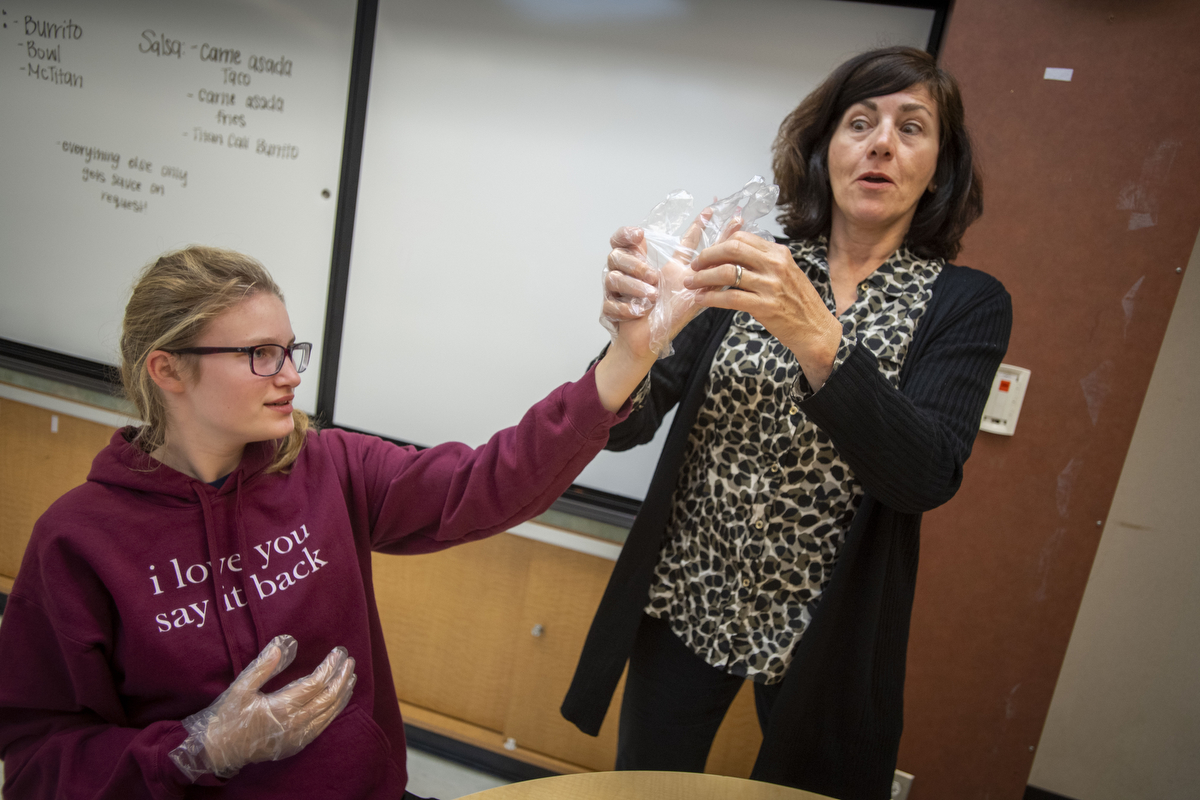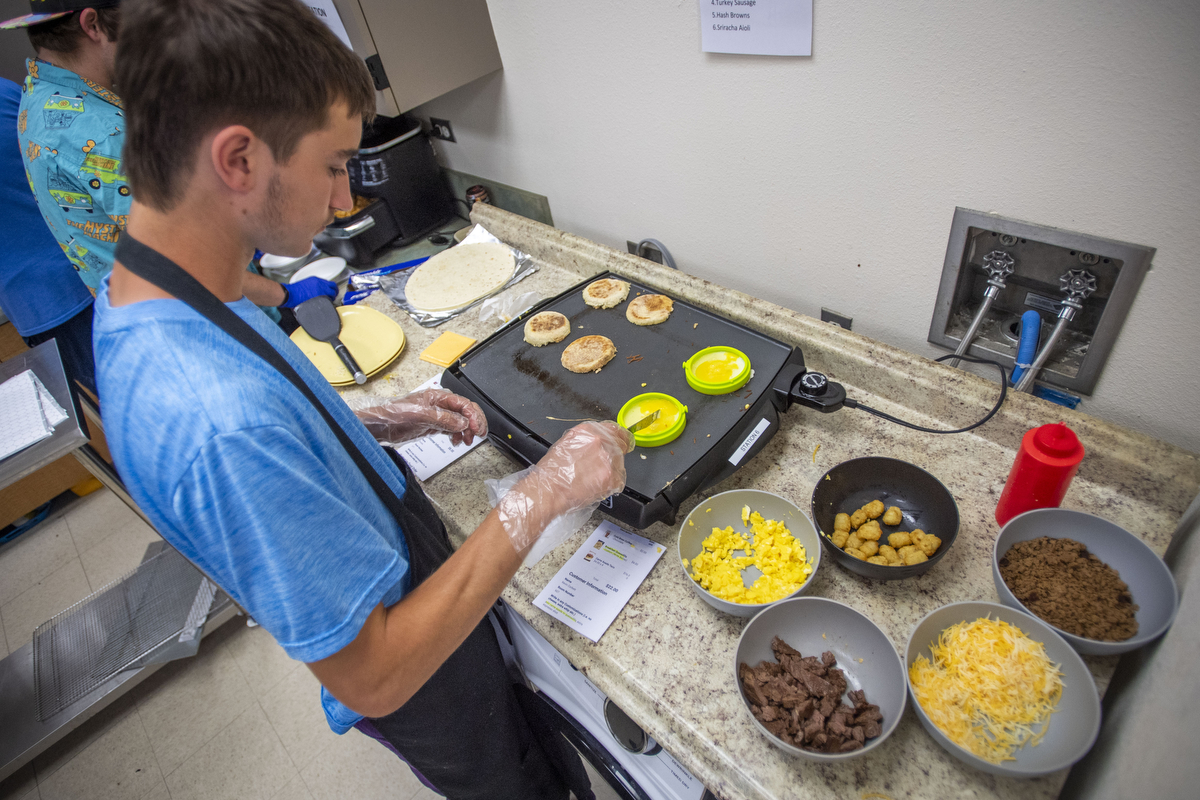By Greg Mellen
Brandon Magrell tucked into his latest creation as one of the chefs of Tesoro High’s Turbo Cafe: chips with a special sriracha aioli sauce.
“Dude, this is fire,” the junior and budding culinarian exclaimed.
The Turbo Cafe is a food and catering service like no other. Twice a week, students from the high school’s special education STEPS program (Structured Teaching, Educationally based, Promoting independence, and Student-centered instruction) prepare and sell catered fresh cooked meals and specialty coffees to patrons across the school.
Culinary arts and classes for students with special needs is an idea that has been catching on. The concepts of counting, measuring, and following instructions are skills that transfer not only to better life skills, but in some cases lead to employment.
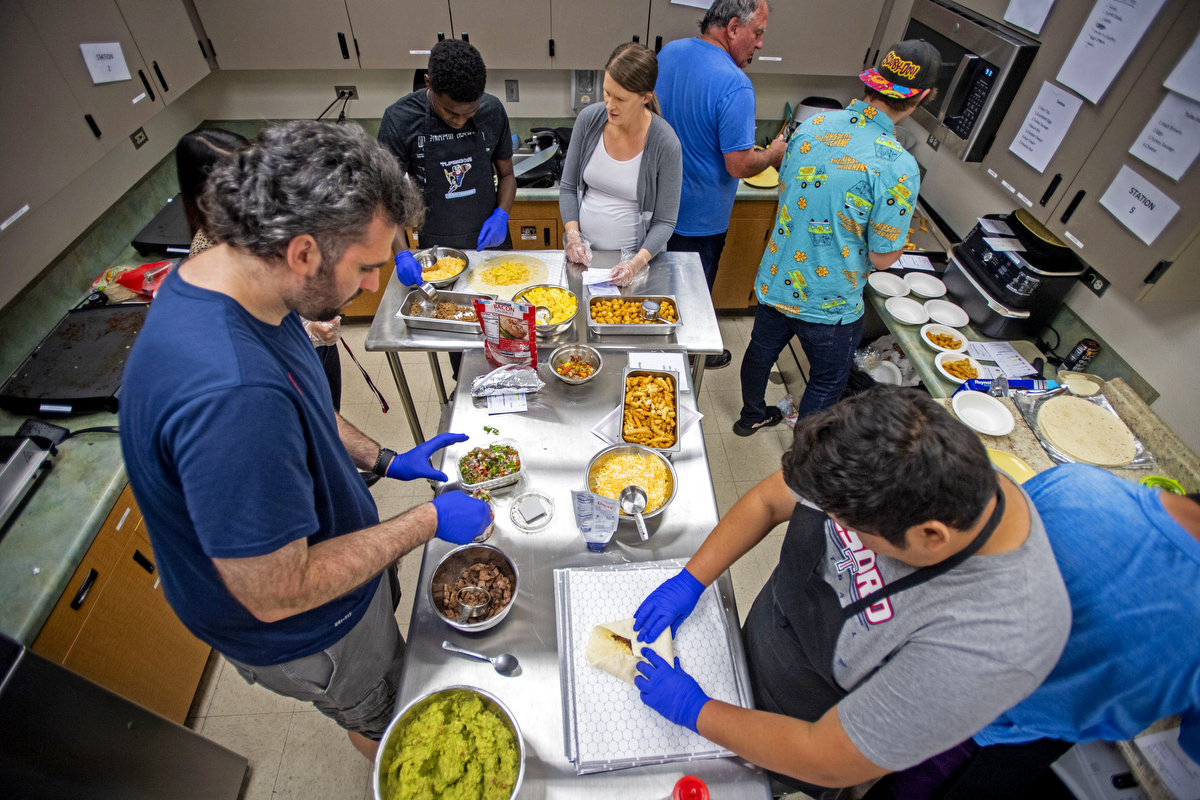
Photo by Michael Goulding/for CUSD Insider
In December 2022, CUSD’s Bridges Community Day School and Adult Transition Program (ATP), with the assistance of the district’s College and Career Advantage program, opened a state-of-the-art culinary lab for the students.
Bridges and ATP Principal Luci Coppola said at the time the culinary lab helped students to develop “functional, vocational, life, and communication skills,” in addition to preparing them for “post-secondary goals of continued education/training and employment.”
Next level
With its business model and the interactions of the STEPS students with general education students, faculty, and staff, the Turbo Cafe is next level.
On a recent Friday morning, the Cafe prepared and sold about 30 meals, ranging from California burritos filled with carne asada, french fries, homemade guacamole, sour cream, and their signature aioli, to powerfood parfaits of Greek yogurt and granola topped with a fruit medley of acai, strawberries, blueberries, raspberries, and banana.
Meanwhile, barista Abby Gaya prepared beverages such as lattes, cold brewed coffees, and smoothies.
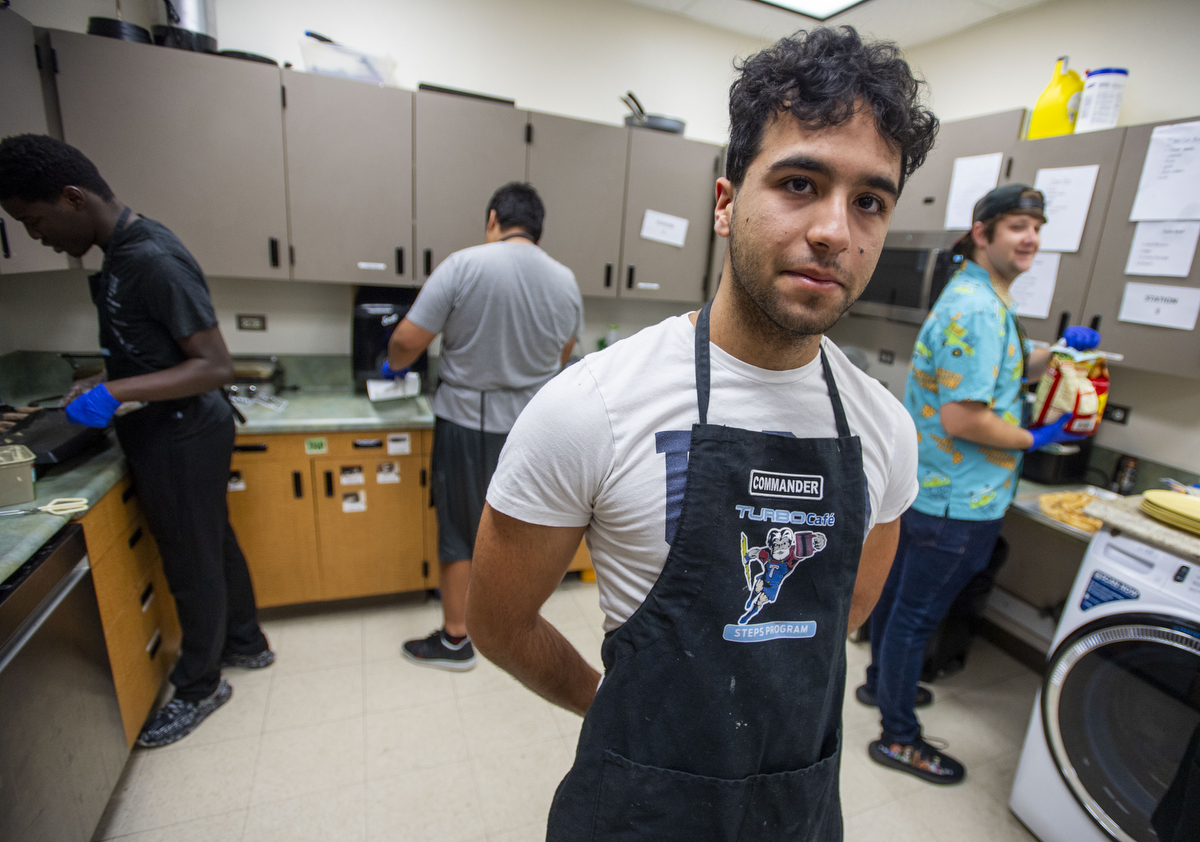
Photo by Michael Goulding/CUSD Insider
The menu, which consists of about a dozen breakfast entrees not including special orders, tops out at $5 for food and $2 for beverages.
“Last week, we made $600,” teacher Kevin Corbett said.
Teacher Danny Doyer came up with the idea about seven years ago after reading about STEPS kids at other schools operating coffee carts. Special education programs often look for vocational opportunities for students with high-functioning autism and other developmental and intellectual disabilities.
After Doyer brought up the idea with Corbett, who had been an independent business man before teaching, the concept took off like it was, well, turbocharged.
“We literally had 10 kids working on a business plan,” Corbett said. “We had no earthly idea it would become what it is now.”
A student, Jasmine, came up with the cafe name from the Turbo Turtle character.
In the first month the cafe made about $100, according to Corbett. Nowadays the cafe is a well-oiled machine involving all the kids in the Tesoro STEPS class.
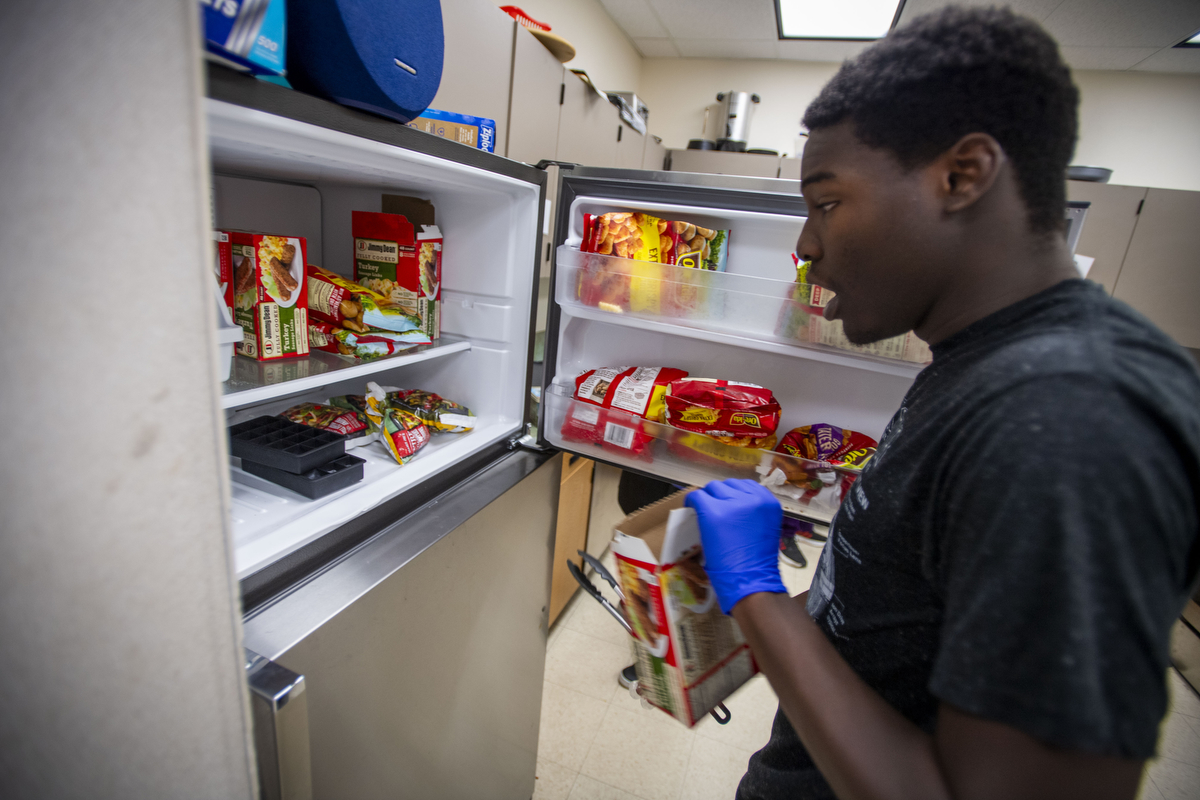
Photo by Michael Goulding/for CUSD Insider
A team of four cooks works the kitchen. Jonny Garcia, whose parents own a Mexican restaurant in south Orange County, and Zach Chiabanda flip the carne asada and sausage.
The manager of the cafe, Senior Parsa Ezati, who is easily identified by an apron that reads “Commander,” counts out and whips up about three dozen eggs. Magrell then starts assembling meals from the order tickets. The kitchen team is assisted by paraeducators such as Chris Manresa and Matt Taylor.
Some food items such as the guacamole, bacon, Tater tots, and fries, which are cooked in the oven, are handled by support staff. Before the meals are assembled, the cooks taste the food to give it their approval.
“It doesn’t matter what it looks like, it has to taste good,” Ezati says, while checking out the carne asada.
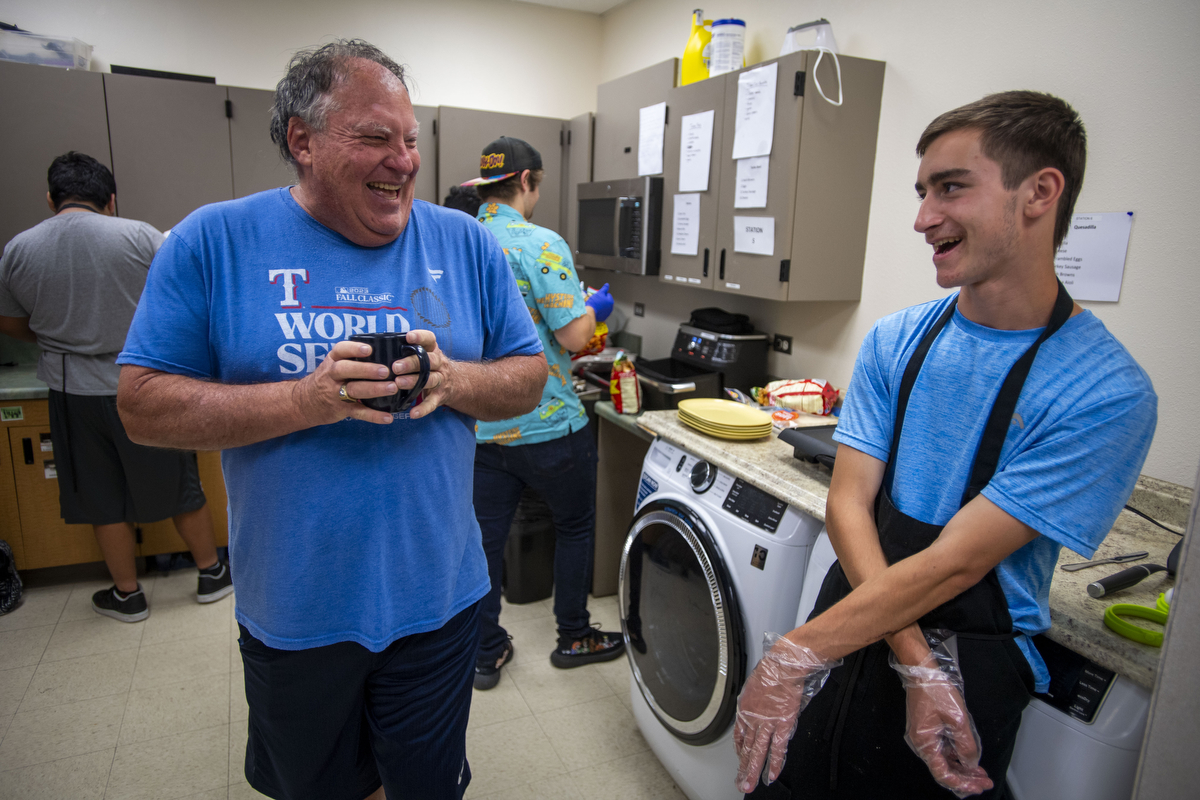
Photo by Michael Goulding/for CUSD Insider
Sometimes additional unexpected orders come in, but they are handled without a hitch.
“My guys are ready for anything,” says Ezati.
Garcia will later show off the skills he learned from his parents by expertly folding the popular breakfast burritos.
Out the door
After each order is completed a runner is summoned to take the order into a classroom where the rest of the class is at work in a roar of activity.
Each order is brought to the proper bagging station where it is placed in an individual container that has been decorated by students. The bags often contain drawings and stickers, with messages such as “Happy Friday,” or “Fun Friday.”
At the stations, students and aides check the orders and make sure the appropriate utensils, sauces, and sides are included. The packages are then moved down the line and placed on carts for delivery.
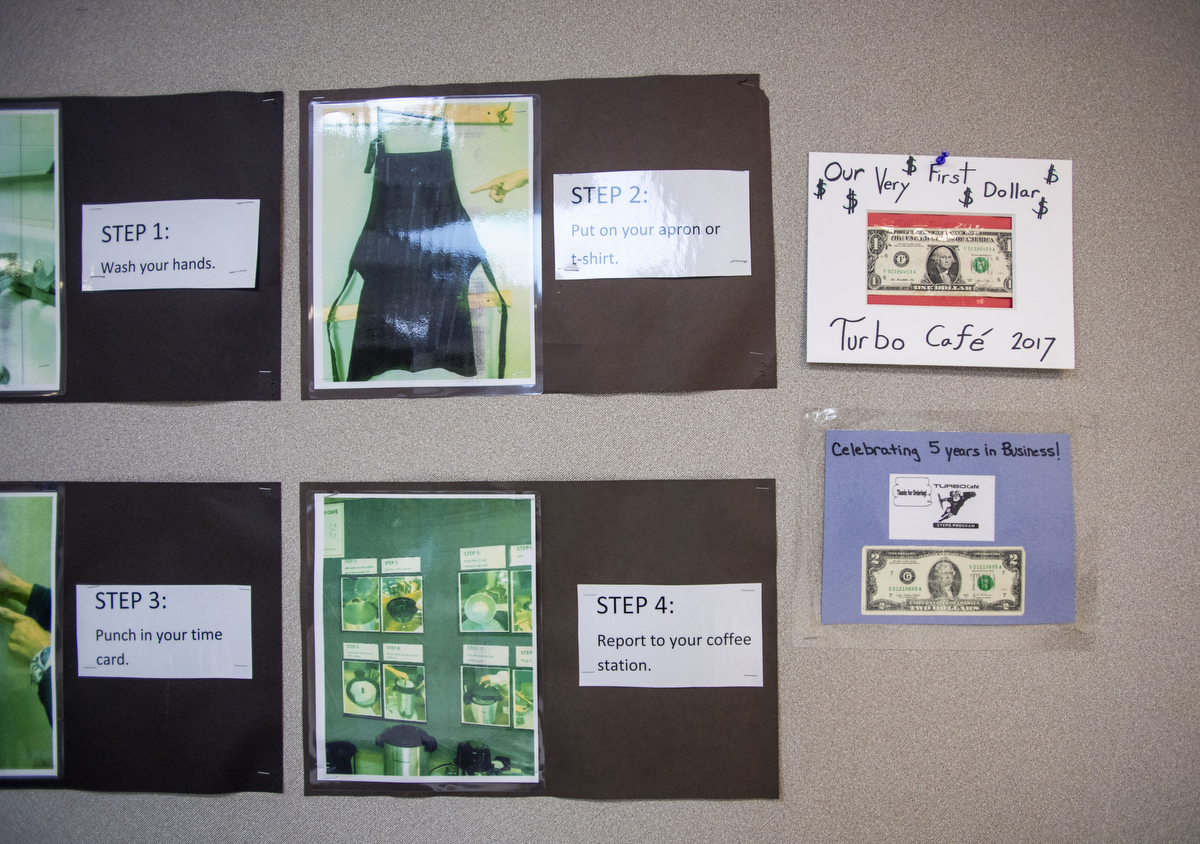
Photo by Michael Goulding/for CUSD Insider
When all the meals are ready, teams of students accompany the carts to hand-deliver meals to customers across the campus.
From the time the cooks arrive at 8:45 a.m. to prep the kitchen until the food is delivered takes about two hours.
Two regular customers are math teacher Adam Wondra and classified employee Cynthia Handajani.
“It’s such a cool program,” said Wondra, who said he orders breakfast every Wednesday.
“I have it every week, it’s wonderful,” said Handajani as she packed her breakfast burrito in her backpack for later in the day. “And it’s such a good deal. You can’t get anything like this for $5.”
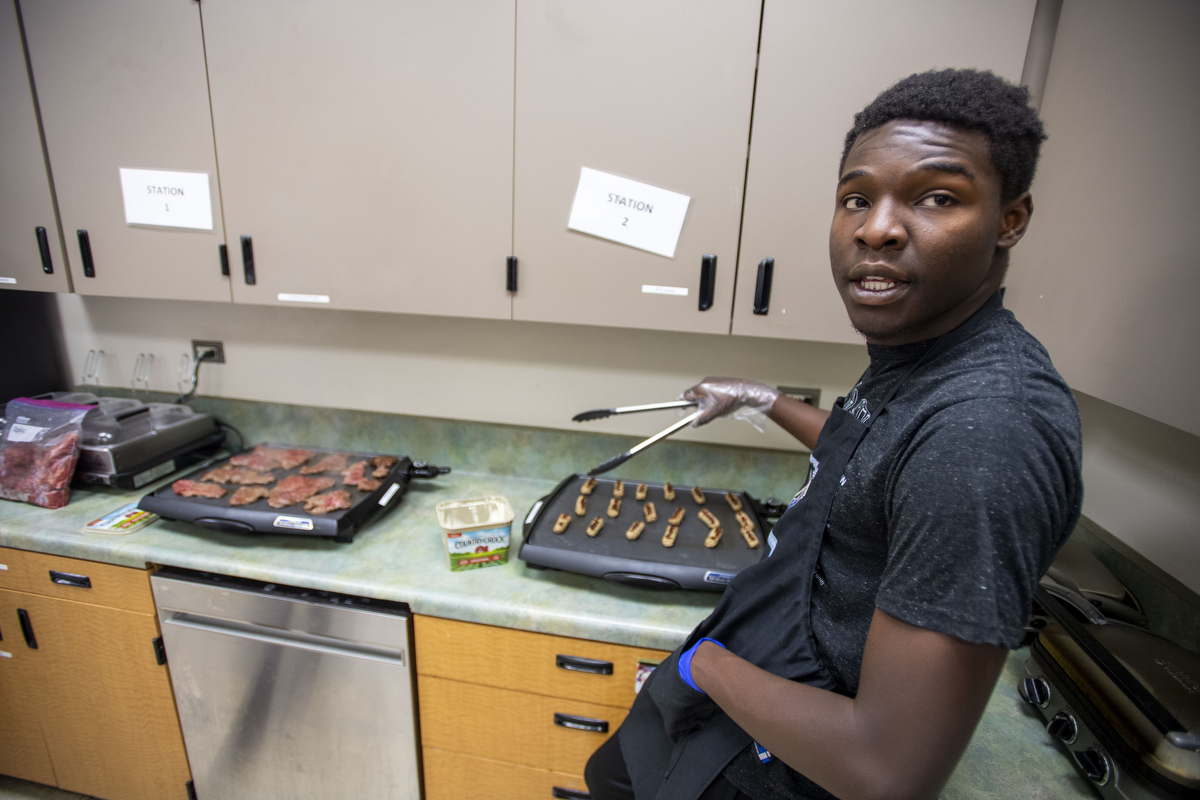
Photo by Michael Goulding/CUSD Insider
Library clerk Ashlyn Pentoney is new to the school but already regularly orders the parfait.
“It’s so good and I love the kids,” she said, adding that when she lived in Oregon a family member was involved in a similar program and benefited immensely.
“It’s good for the kids to get out and be included.” she said.
About 30 students play a role in cooking, assembling, and delivering the meals.
In a given week, Corbett estimates the cafe buys about 12 pounds of carne asada, the most popular meat, 30 to 40 sausages, numerous large bags of fries and Tater tots, and 85 to 100 eggs.
Corbett buys the provisions each week and says he is developing a great relationship with the butchers at Stater Brothers. He said plans are to start bringing students into the purchasing process on Mondays.
“We are so excited about Turbo Cafe,” Corbett said, “We’re trying to get all the schools to see what we’re doing.”
As Magrell would say, “it’s fire.”
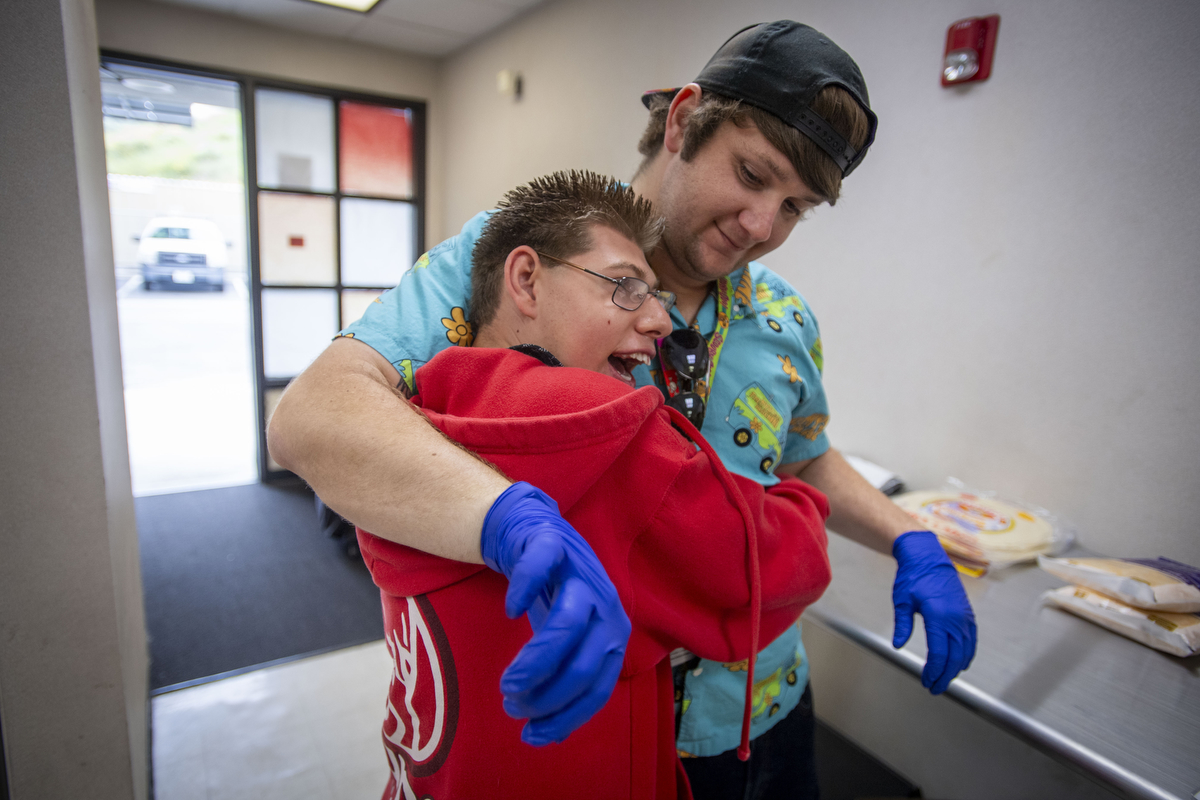
Photo by Michael Goulding/for CUSD Insider
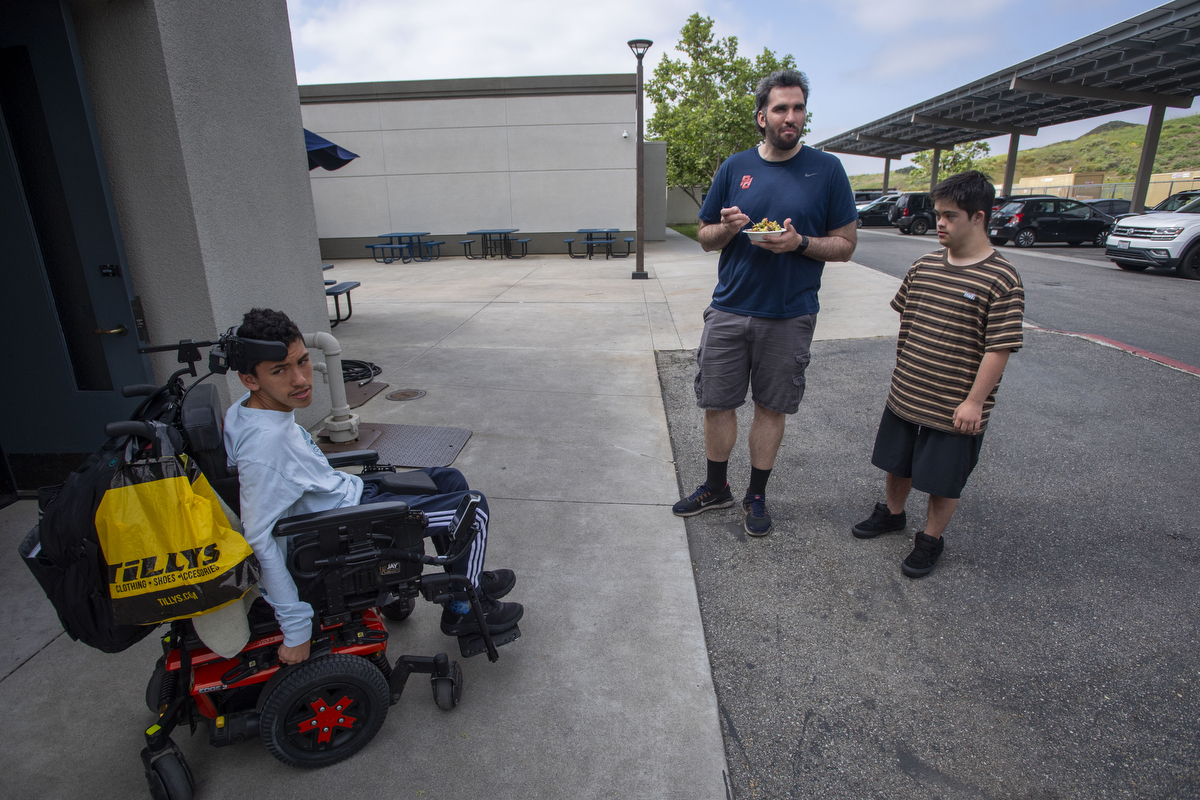
Photo by Michael Goulding/for CUSD Insider
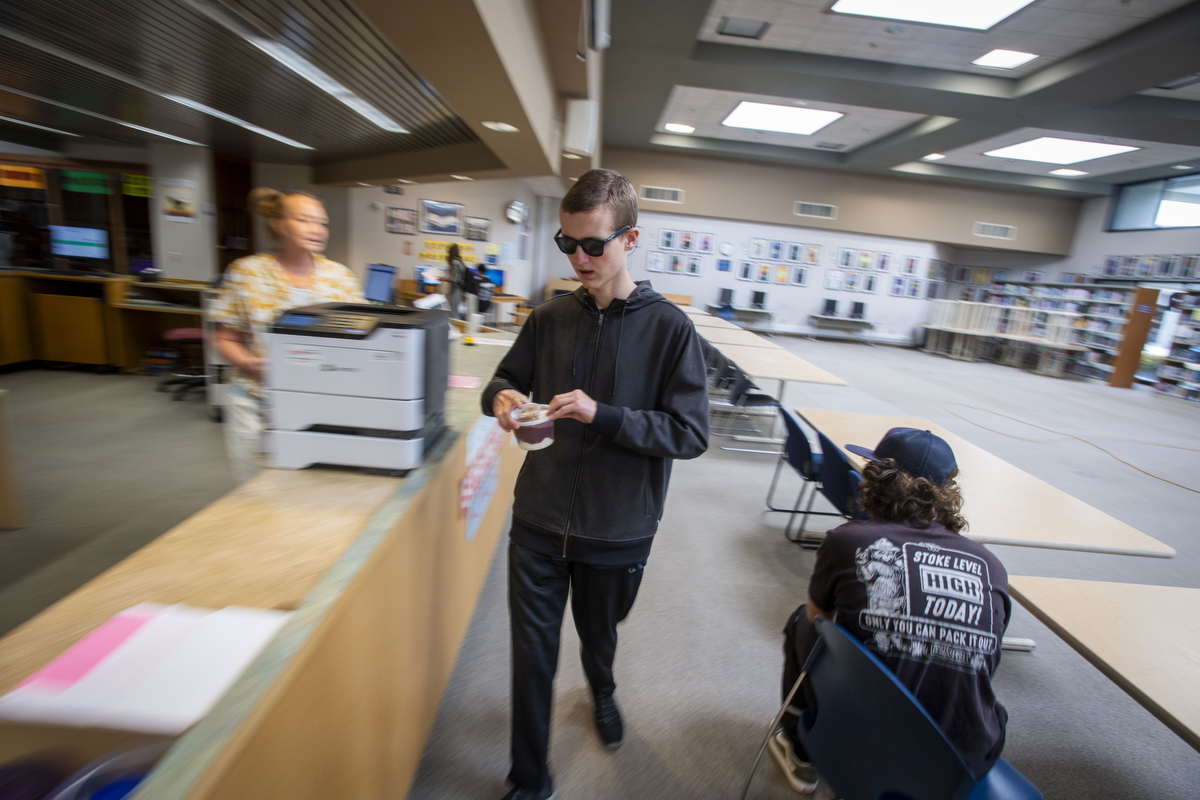
Photo by Michael Goulding/for CUSD Insider
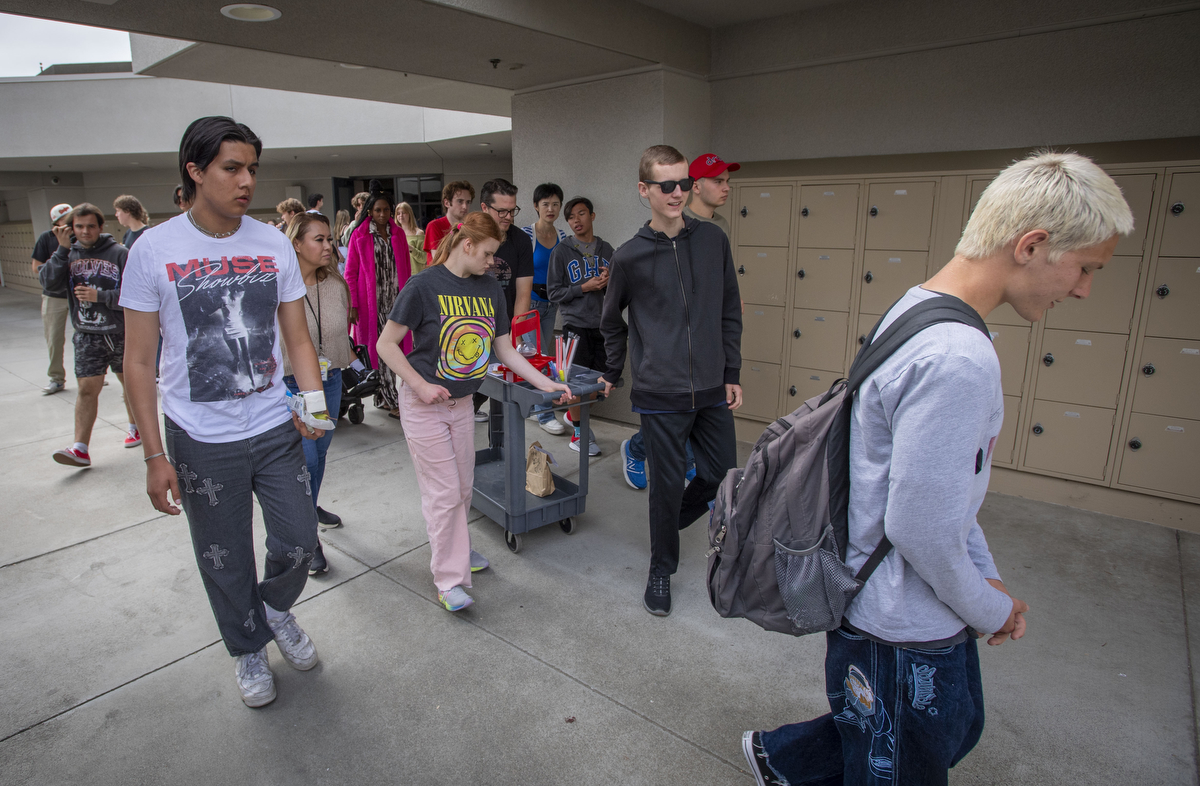
Photo by Michael Goulding/for CUSD Insider
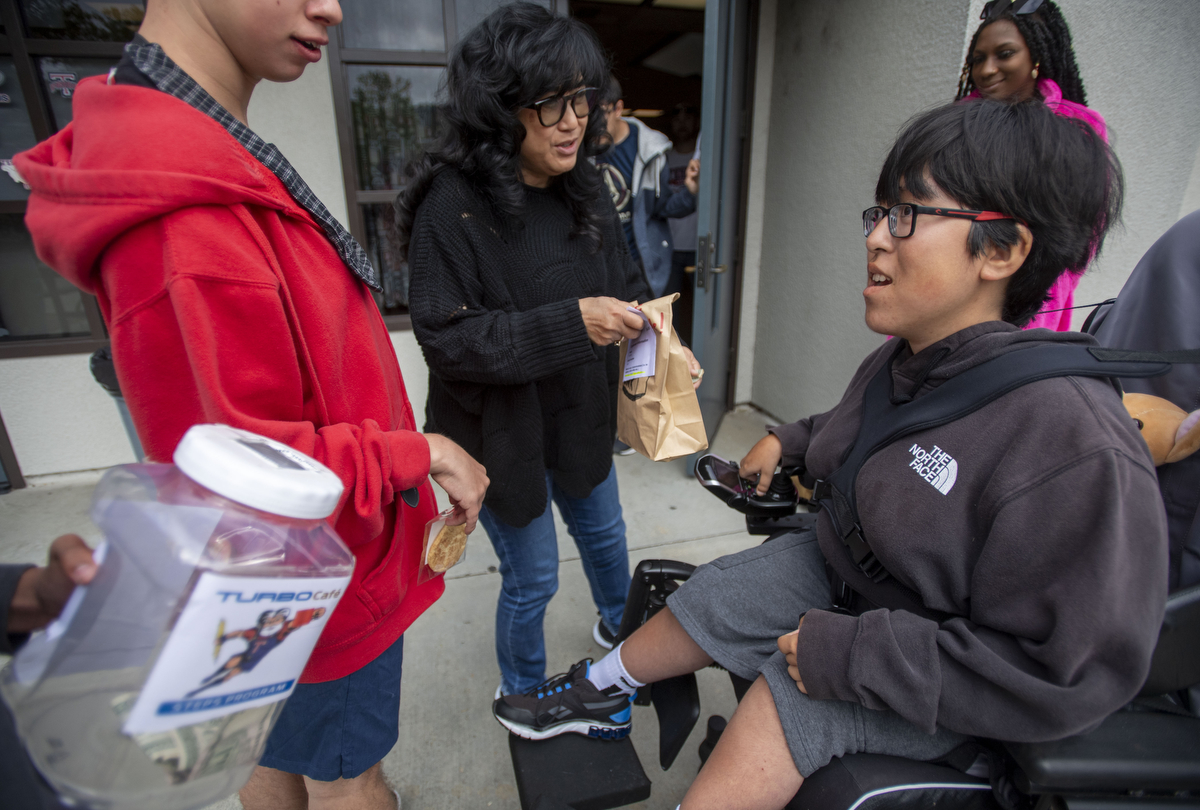
Photo by Michael Goulding/for CUSD Insider
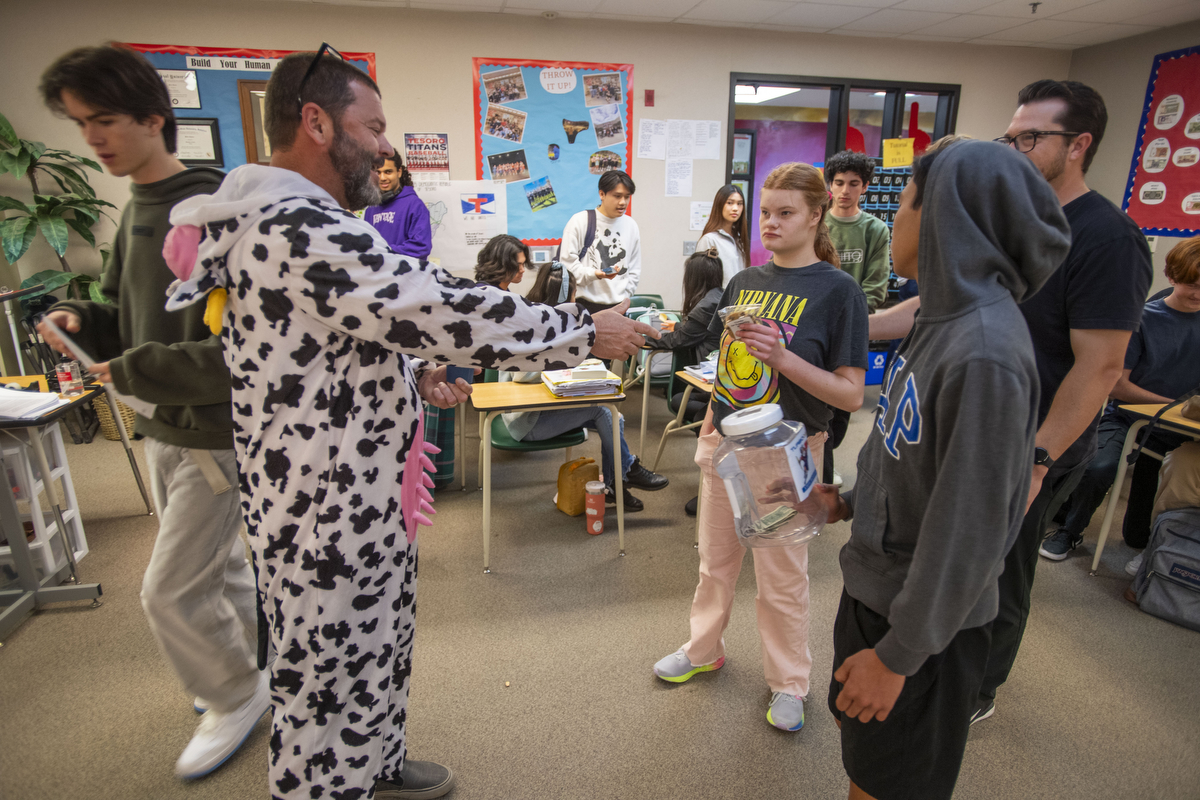
Photo by Michael Goulding/for CUSD Insider
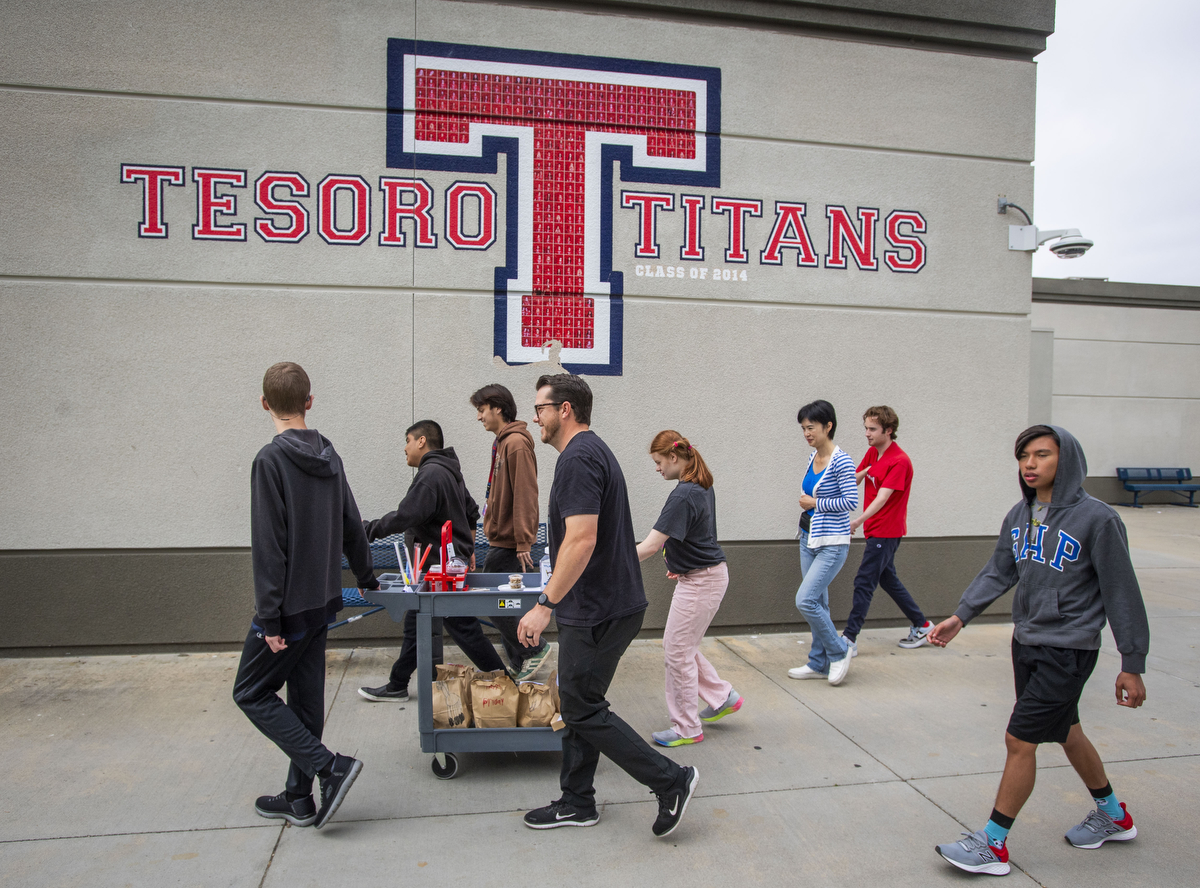
Photo by Michael Goulding/for CUSD Insider
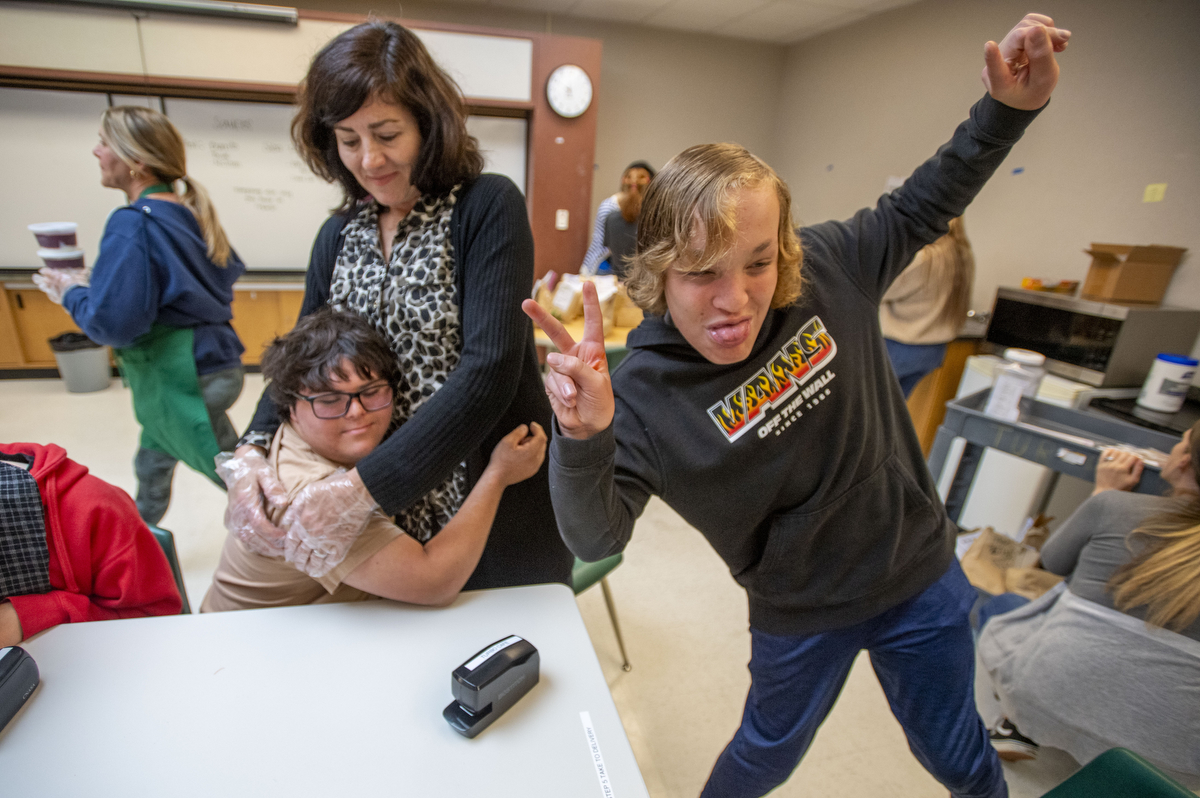
Photo by Michael Goulding/for CUSD Insider
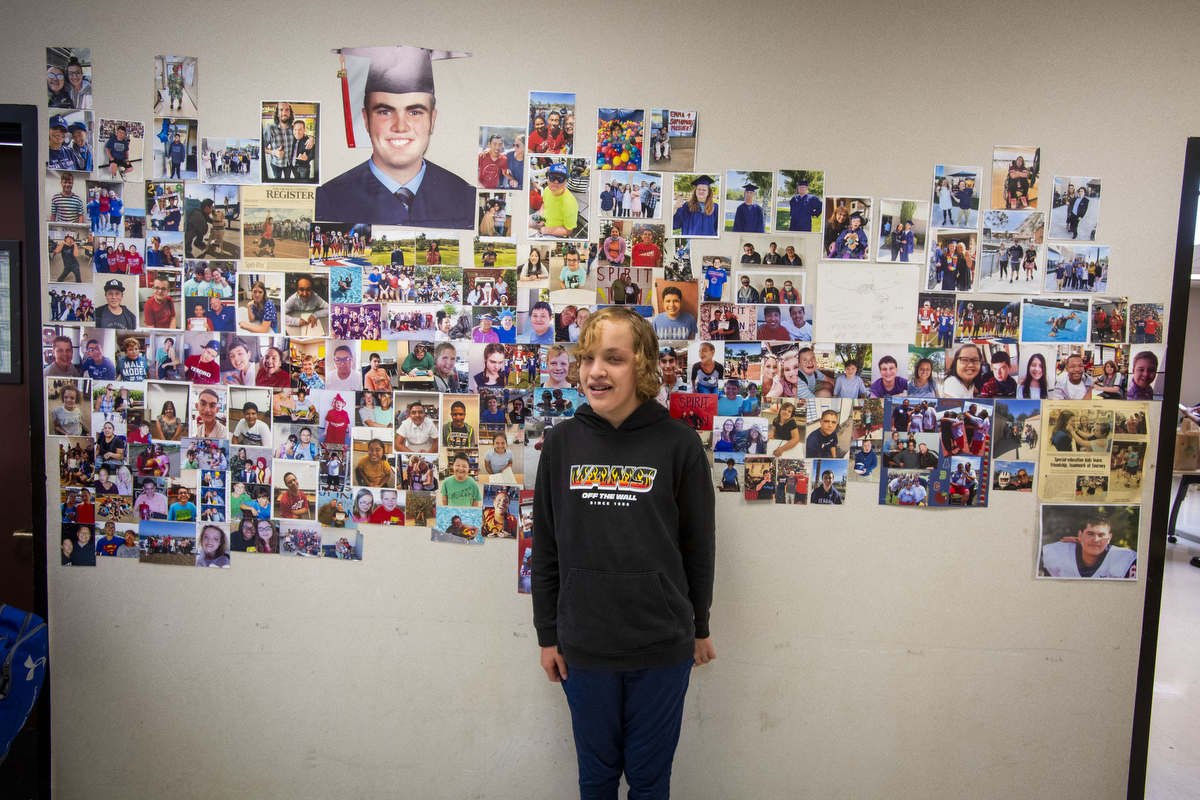
Photo by Michael Goulding/for CUSD Insider
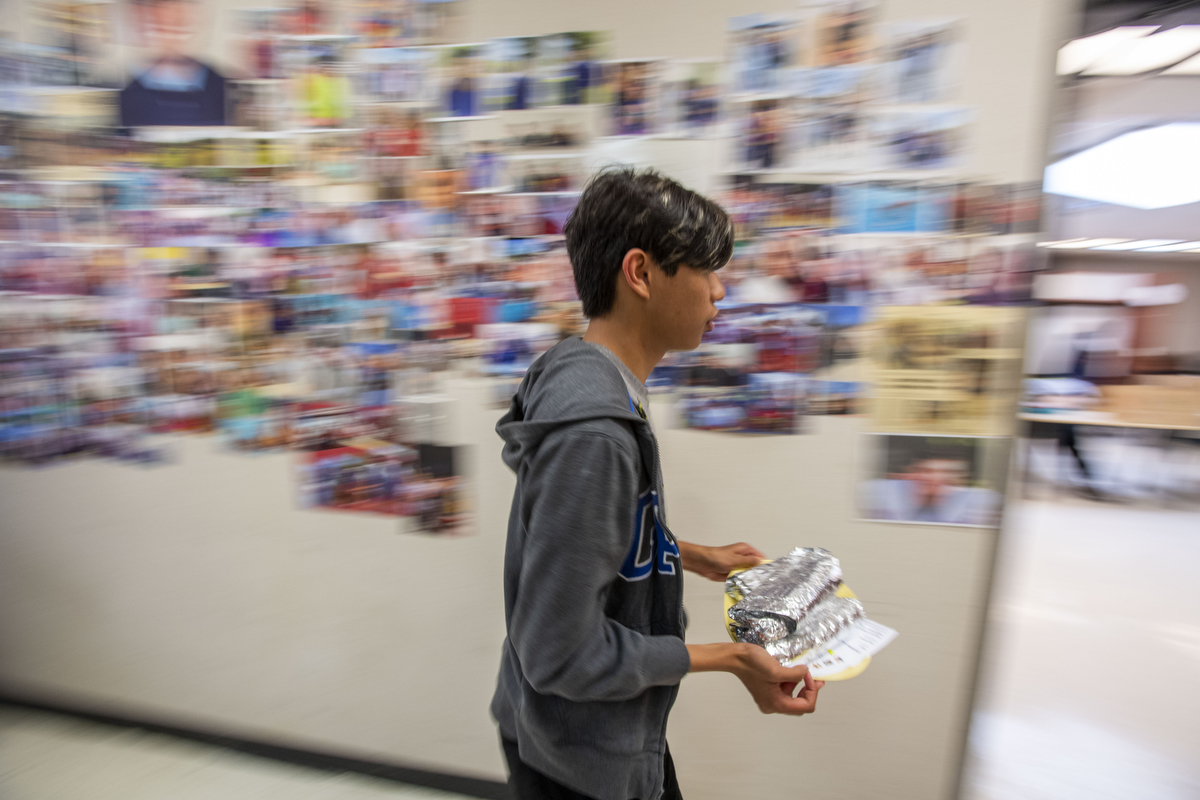
Photo by Michael Goulding/for CUSD Insider.
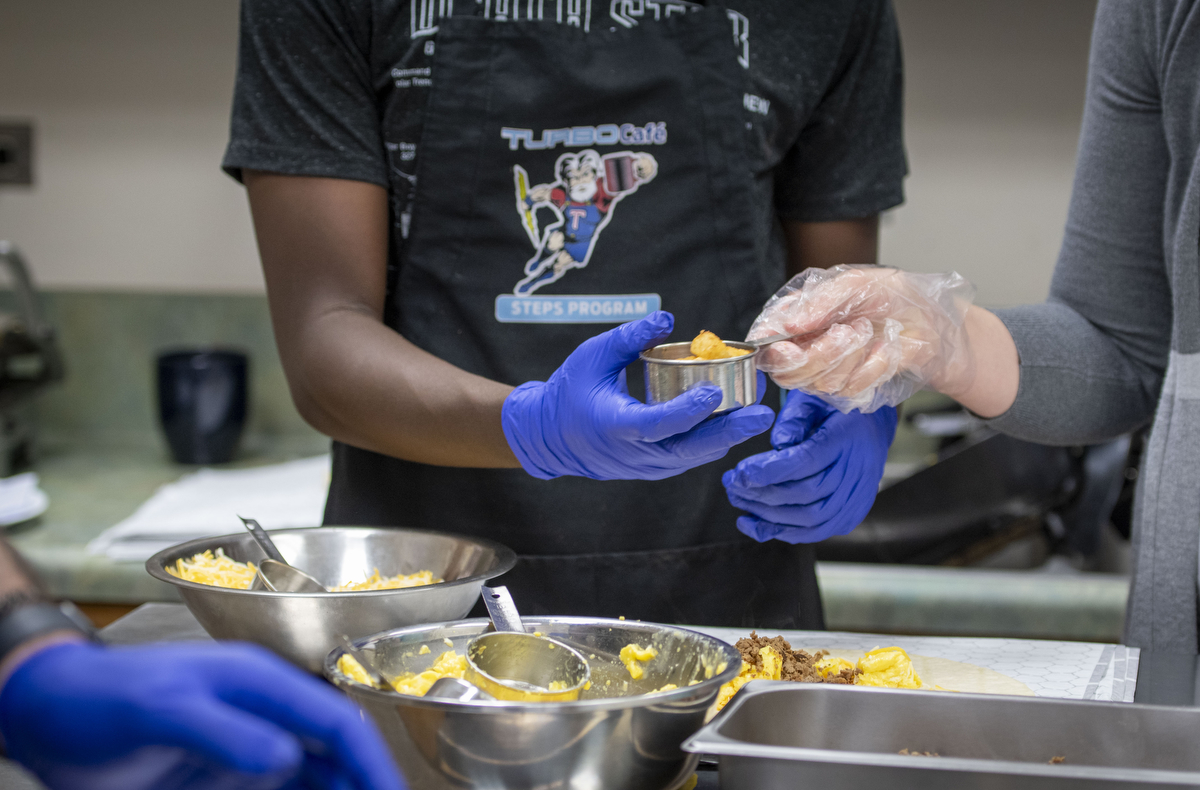
Photo by Michael Goulding/for CUSD Insider
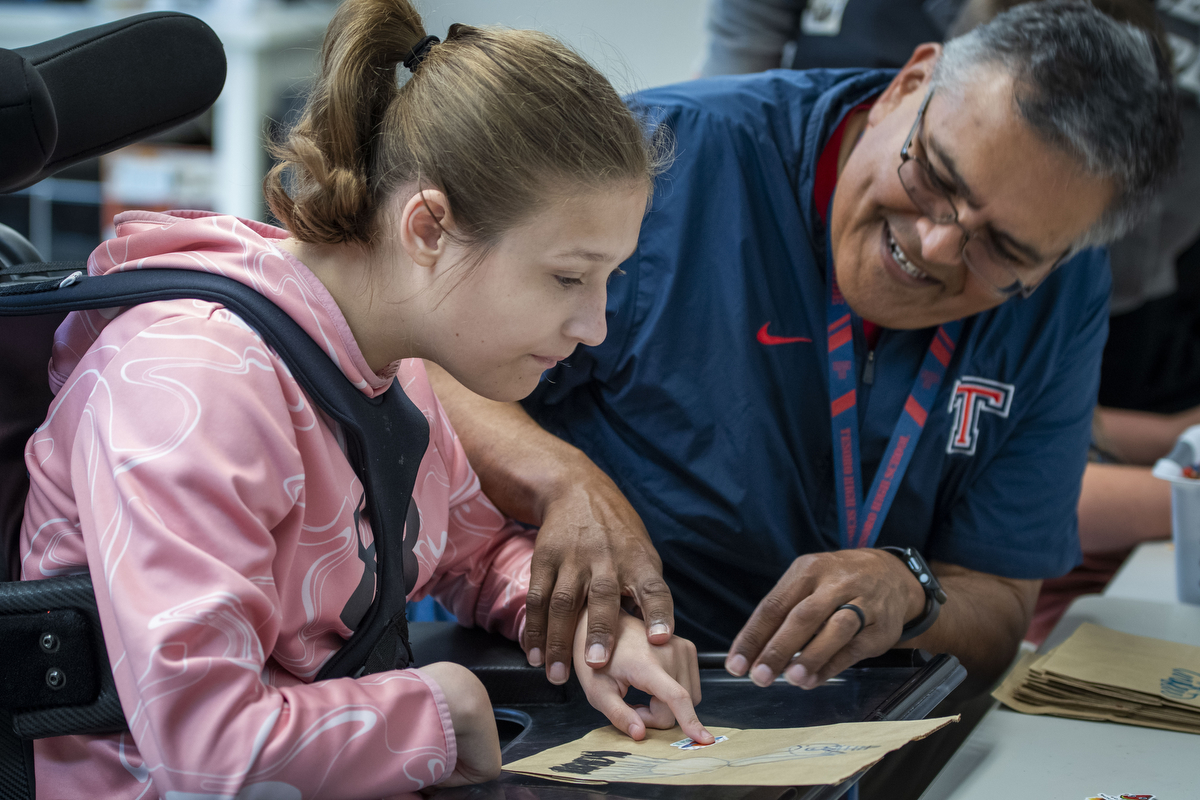
Photo by Michael Goulding/for CUSD Insider
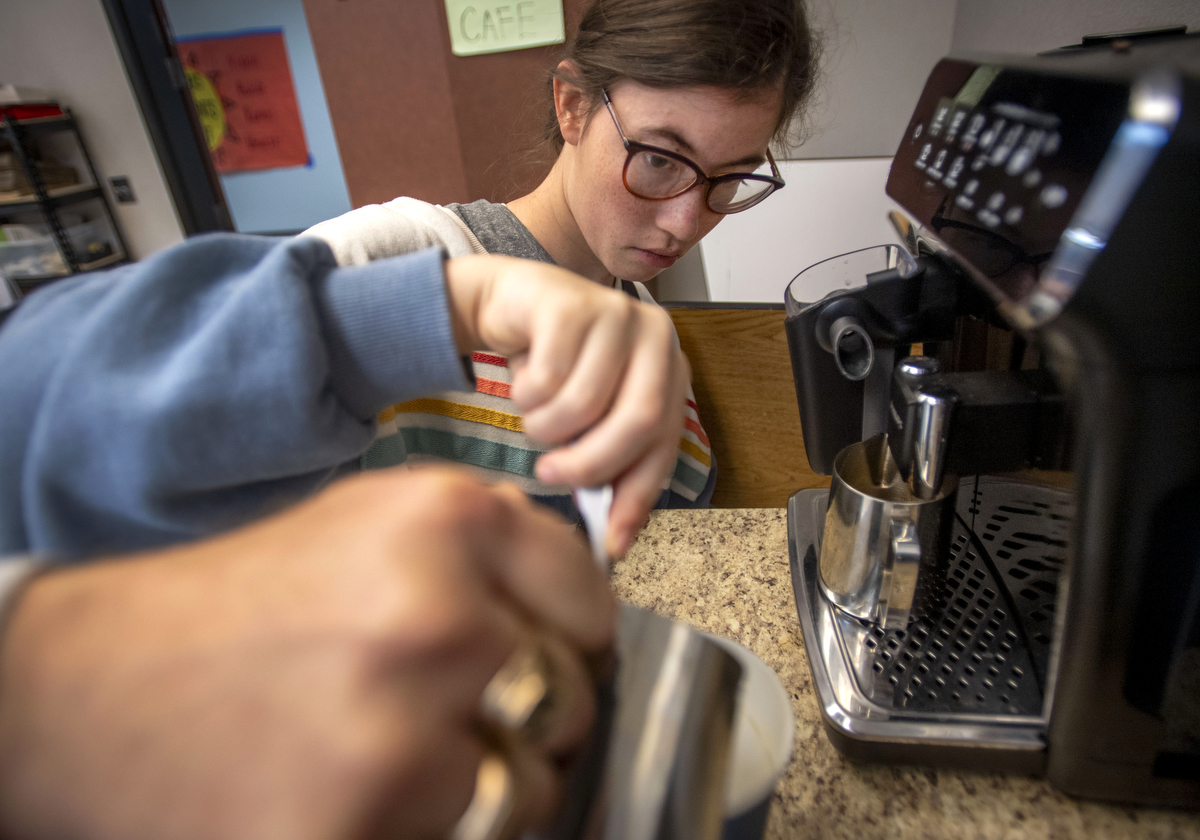
Photo by Michael Goulding/for CUSD Insider
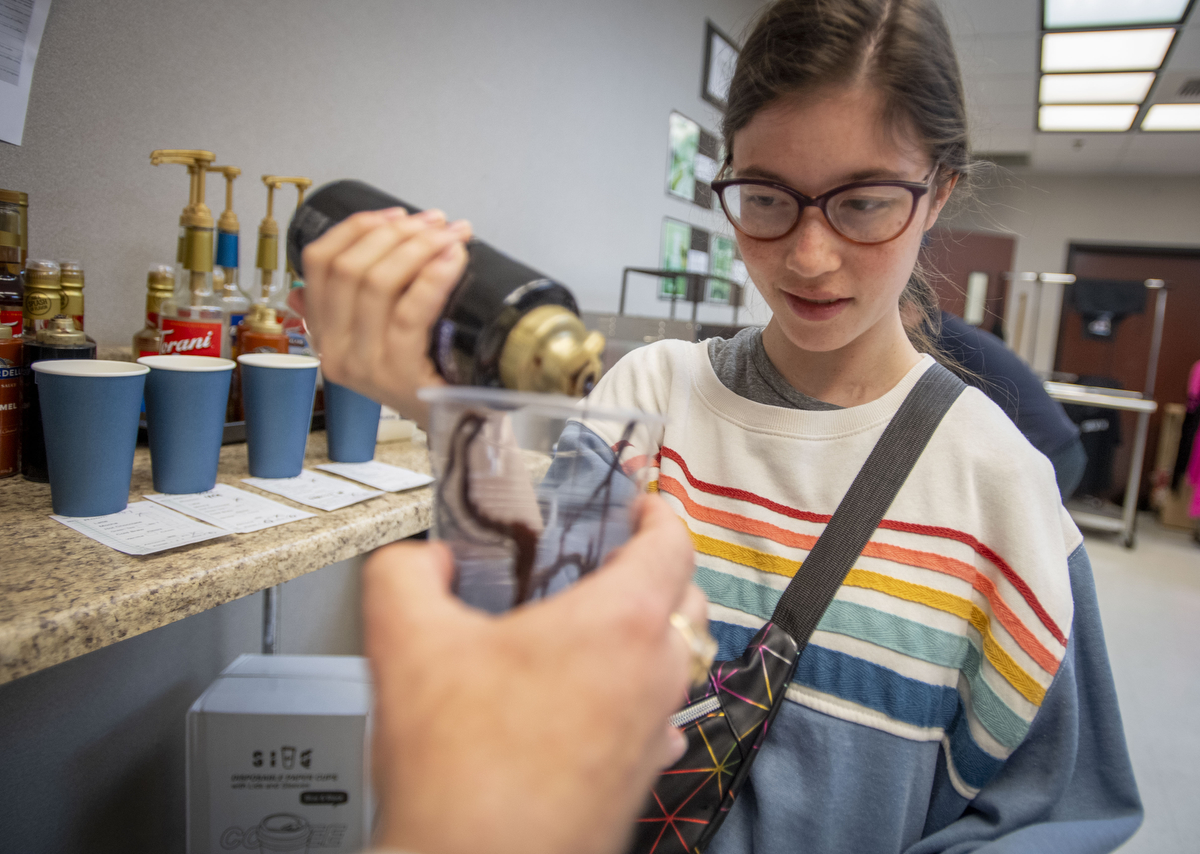
Photo by Michael Goulding/for CUSD Insider
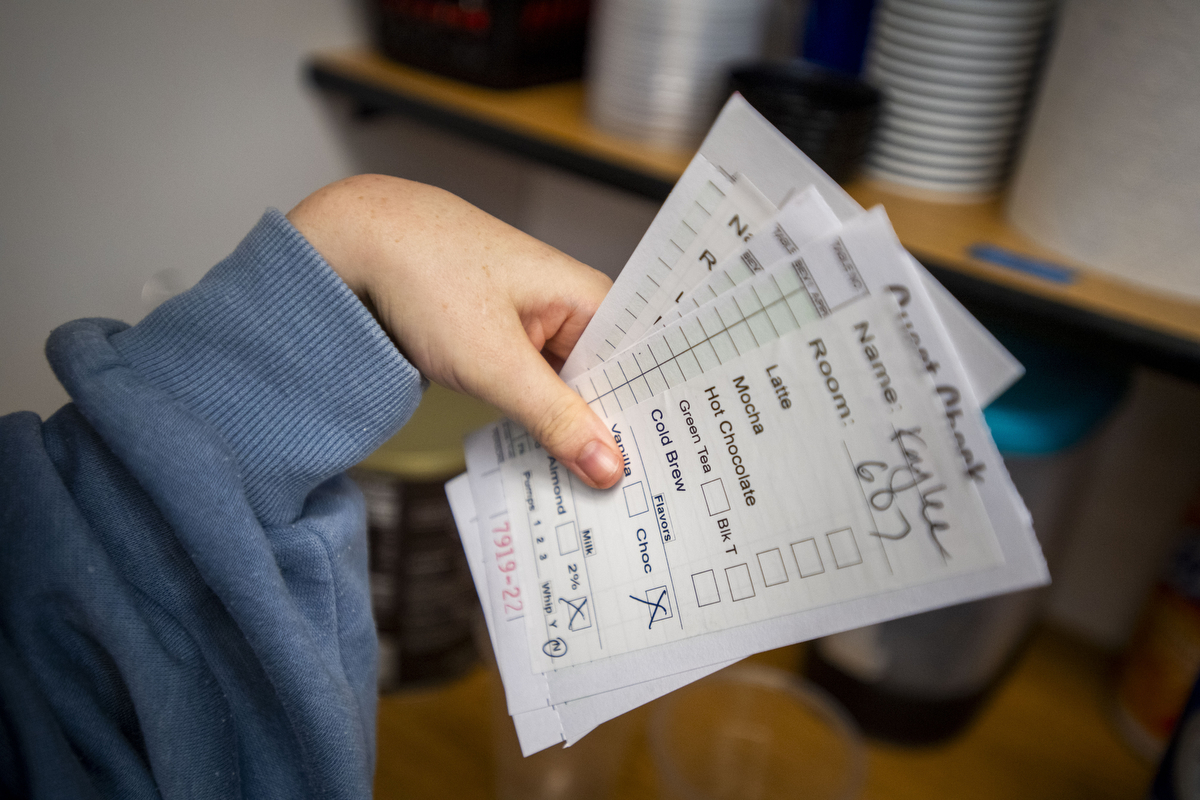
Photo by Michael Goulding/for CUSD Insider
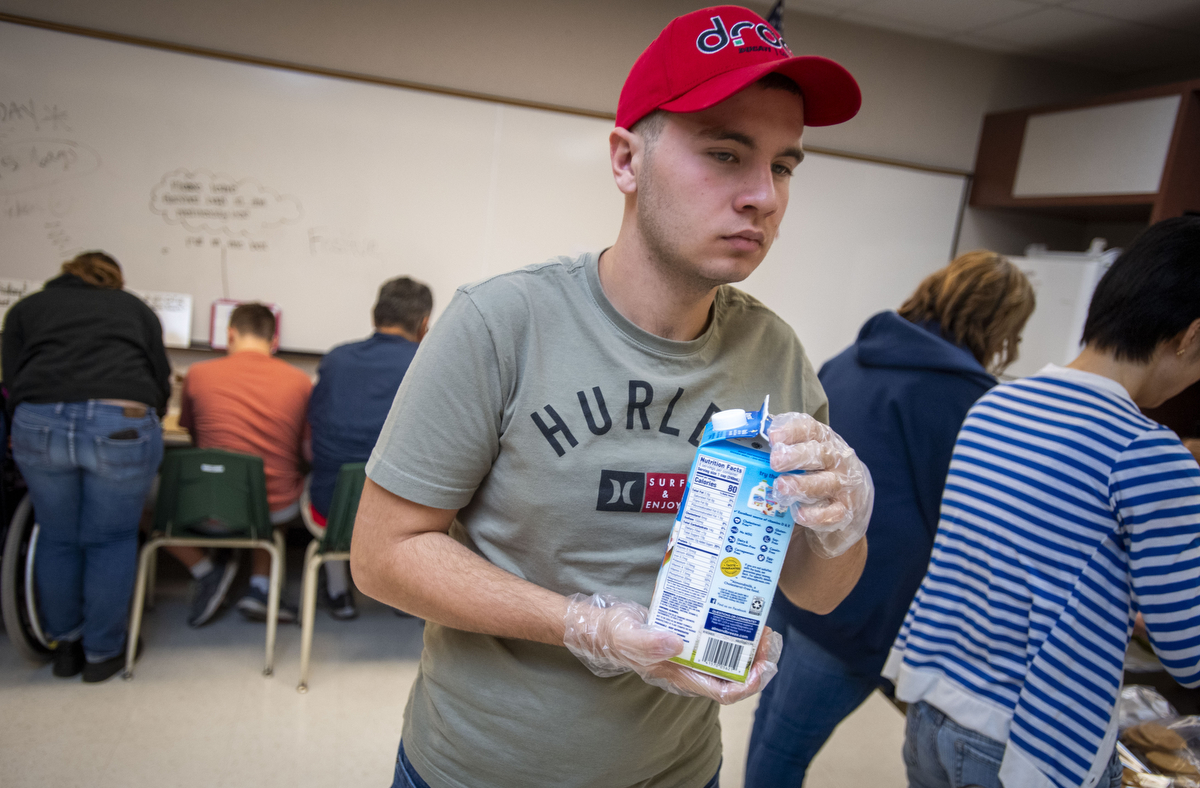
Photo by Michael Goulding/for CUSD Insider
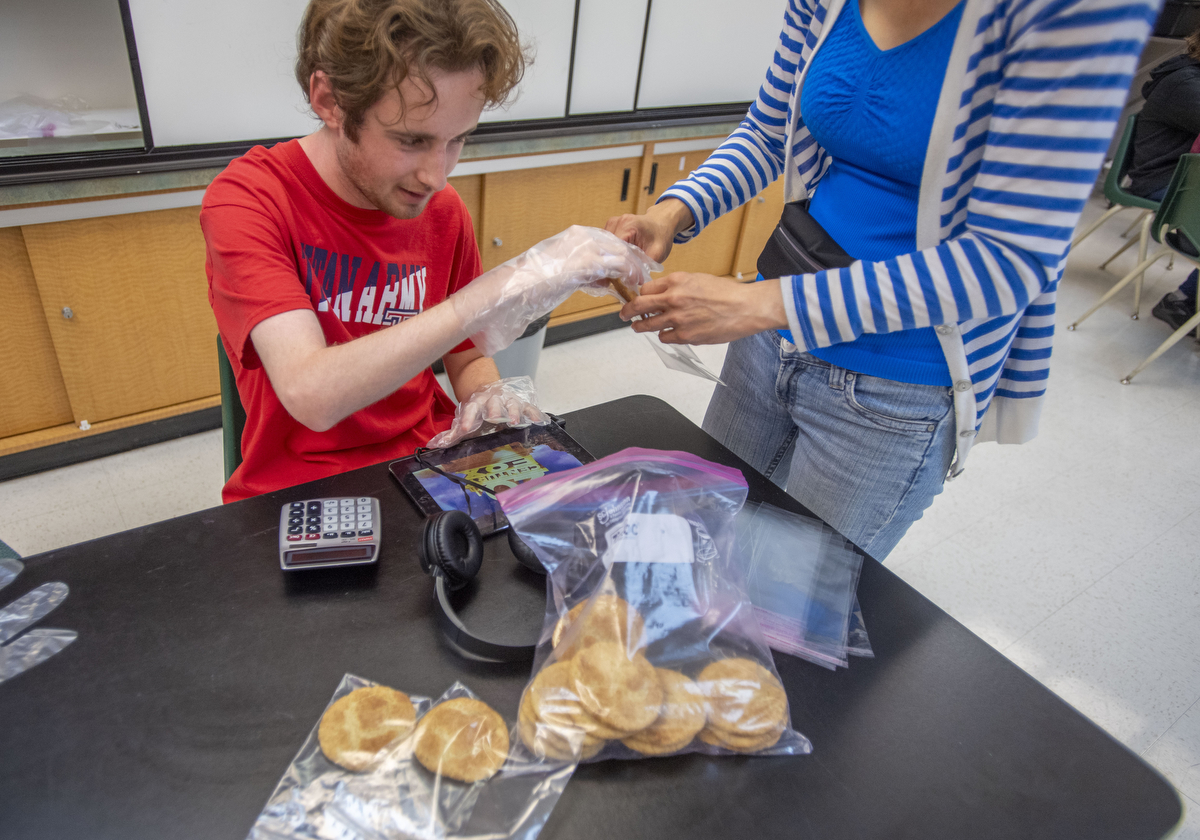
Photo by Michael Goulding/for CUSD Insider
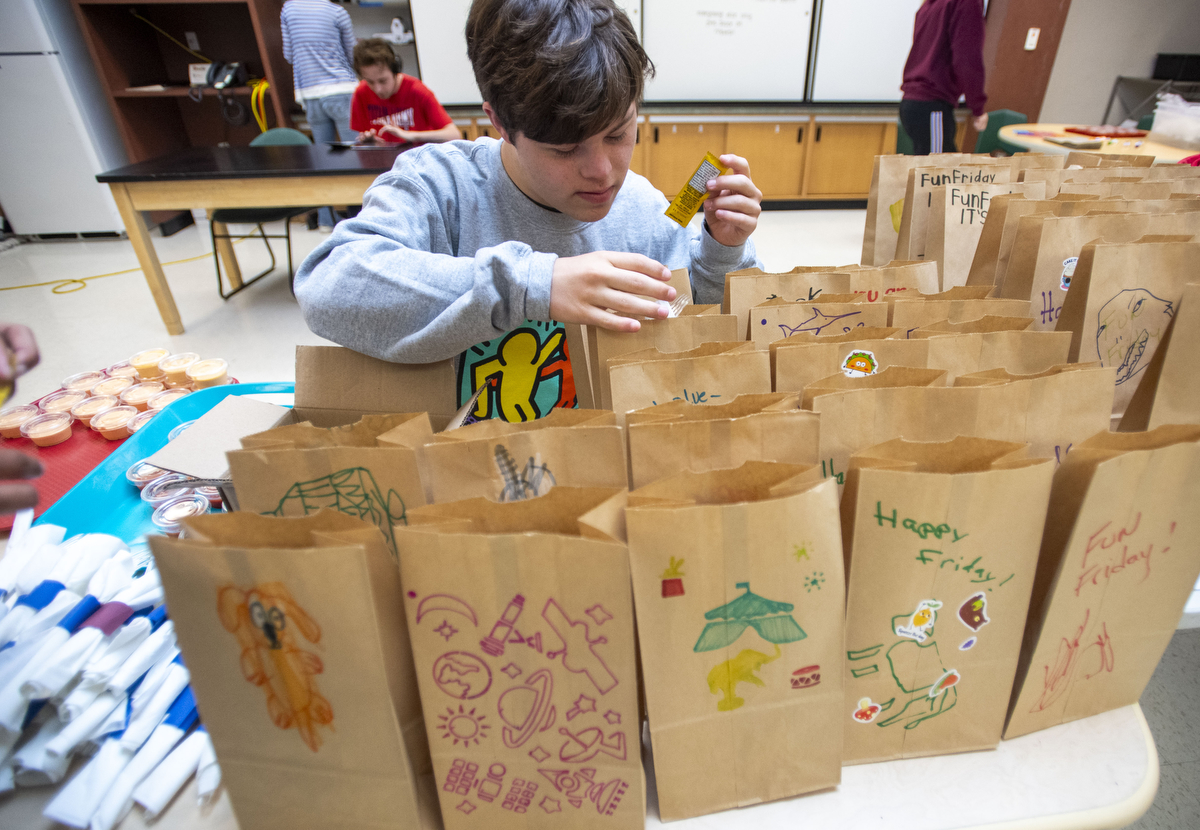
Photo by Michael Goulding/for CUSD Insider
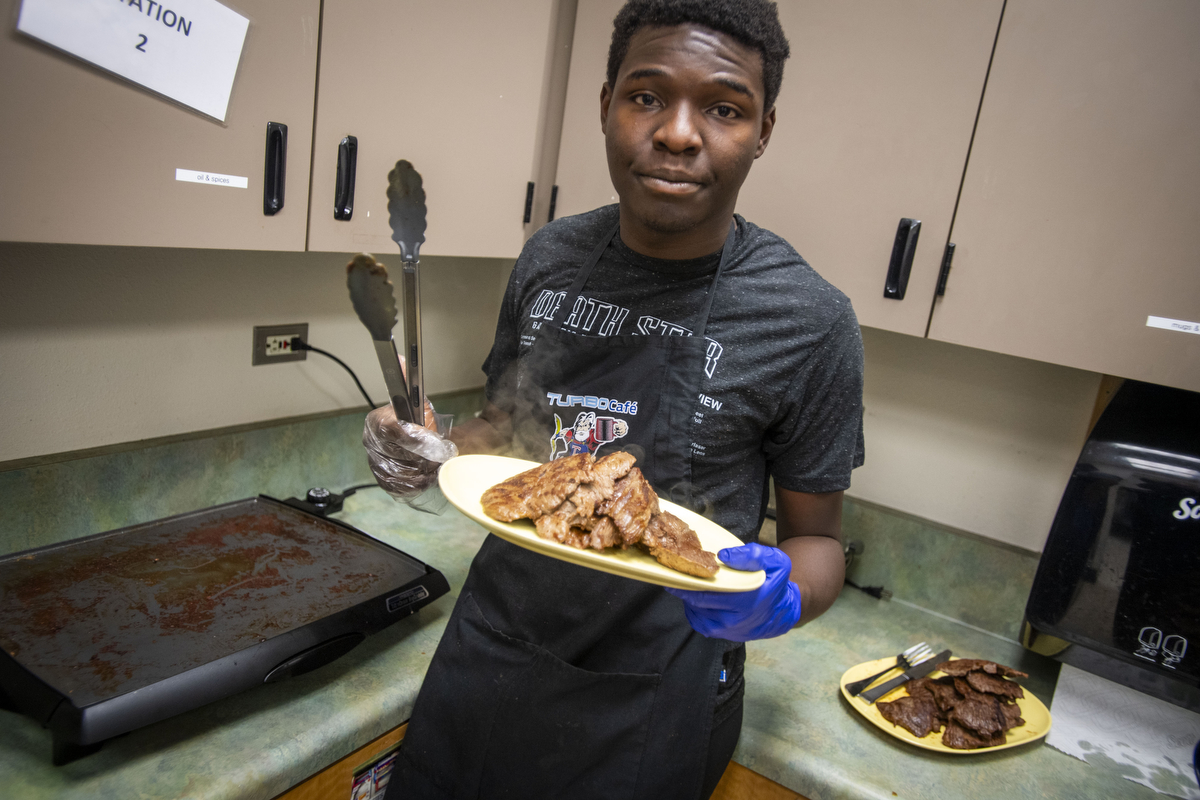
Photo by Michael Goulding/for CUSD Insider
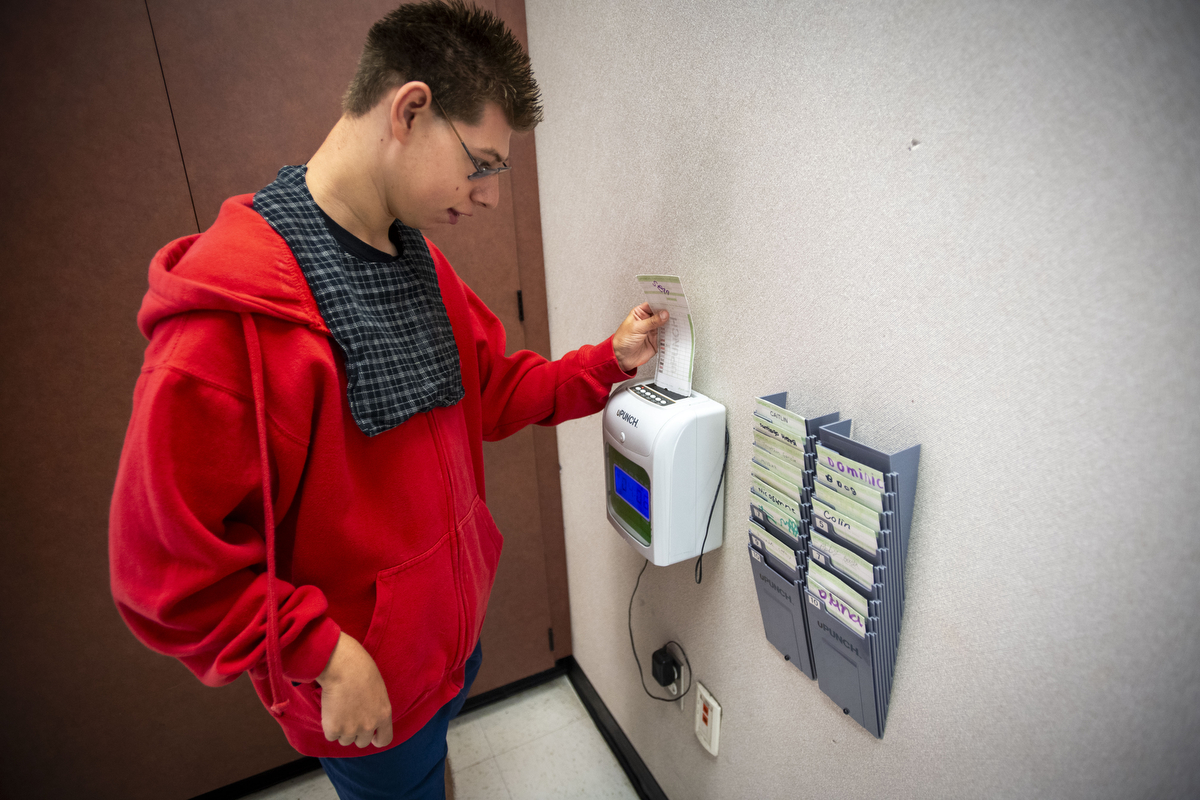
Photo by Michael Goulding/for CUSD Insider
